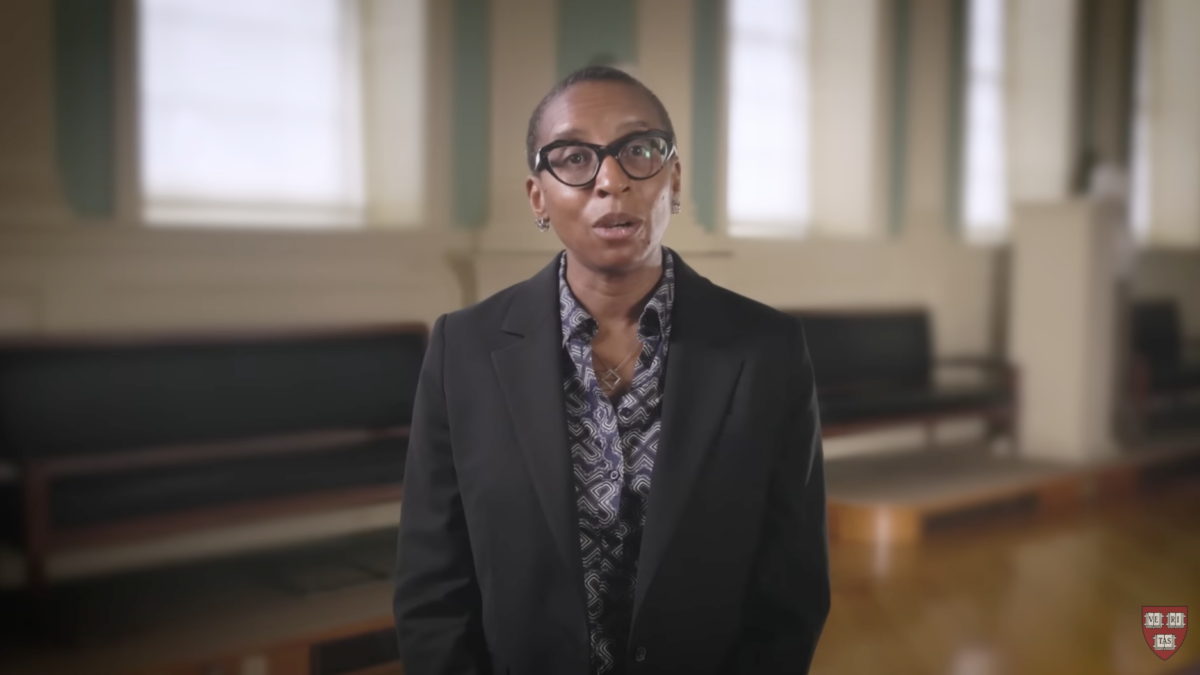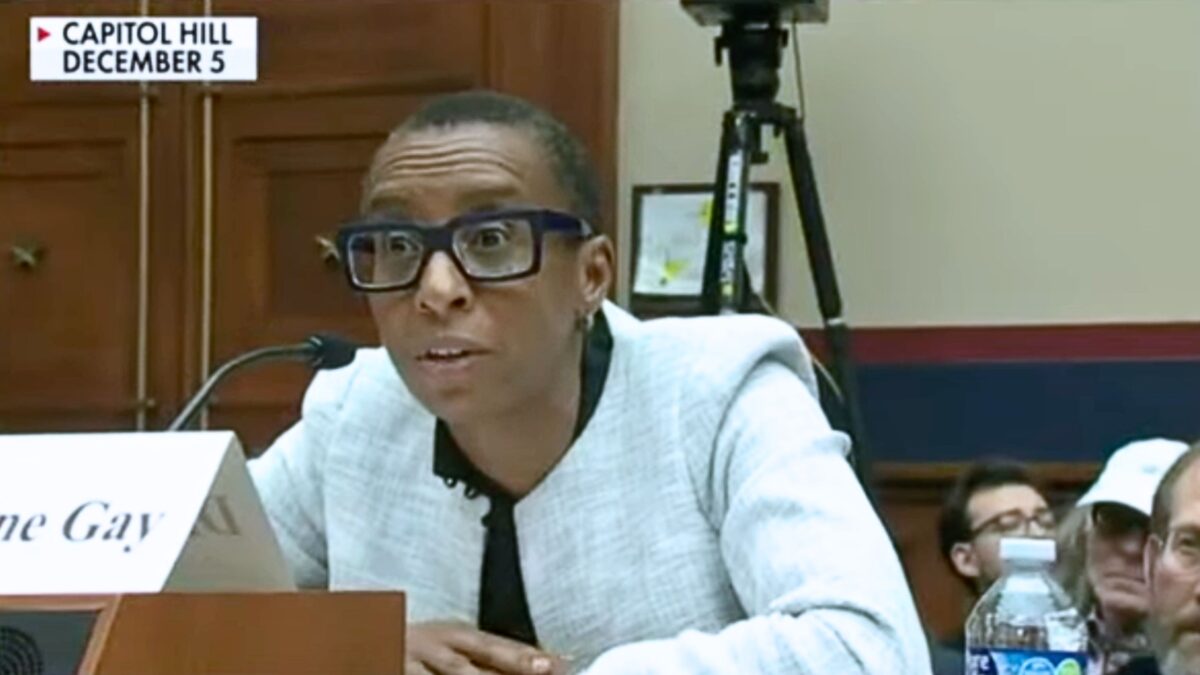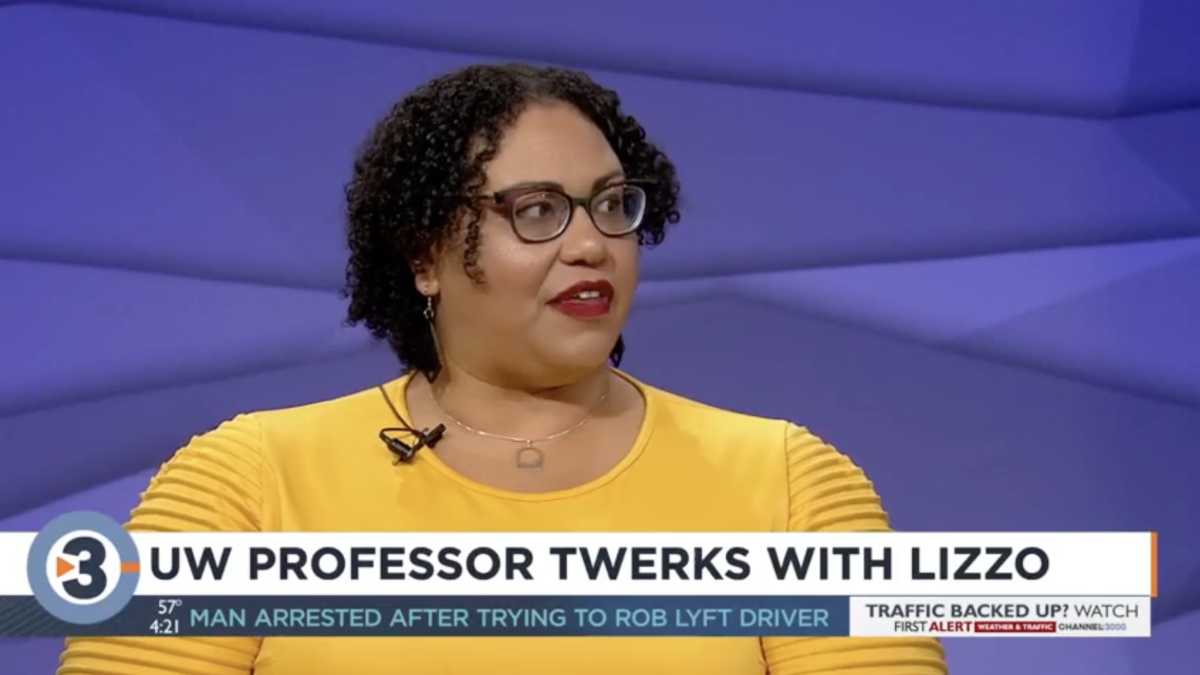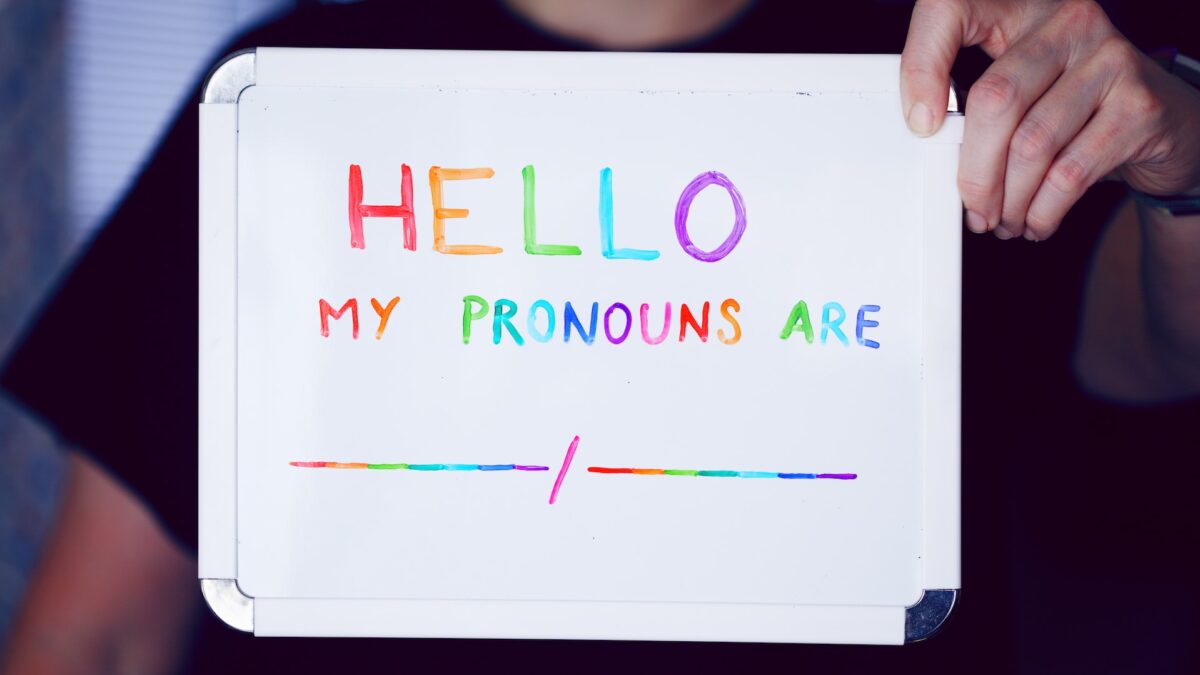Those who become violent in response to speech have won a victory at the University of California-Berkeley. Ann Coulter, whose views on immigration helped inspire President Donald Trump, was scheduled to speak at the campus on April 27, but her talk has been cancelled due to safety concerns.
In a statement to the Washington Post, Berkeley spokesman Dan Mogulof described the cancellation as an effort “to keep students and the speaker herself safe.” But there are other things the university could have done to keep the peace without giving violent protesters a victory.
Coulter herself requested two such measures: That the Oakland police chief not tell his officers to stand down or let violence ensue, as was the case the last time Berkeley protests against an invited speaker turned savage; and to send a clear message in advance that “any students engaging in violence, mayhem or heckling to prevent an invited speaker from speaking would be expelled.”
Expelling hecklers might be a step too far, but campus speakers have in the past (such as at Middlebury College) seen protesters stand up and shout so no one can hear what the speaker would say. Expulsion is too harsh a punishment, but schools should send some other kind of message that this kind of behavior is not acceptable such as having security or police forcibly remove them from debate venues unless disagreeing students express themselves like civilized adults and engage in a debate, rather than a heckler’s veto.
Berkeley had “imposed a series of ridiculous requirements” on Coulter’s speech, according to Spencer Brown (disclosure: Brown was an intern at the Washington Examiner when I worked there), a spokesman for Young America’s Foundation, which along with BridgeCal and the Berkeley College Republicans had invited Coulter. Coulter’s speech would be delivered in the afternoon, was to be attended only by students, and the location would not be announced until just before the event started.
Coulter agreed to these terms then made her own requests. The school then cancelled her speech, and suggested rescheduling it for September.
It’s unclear how a few months would change the current landscape in Berkeley, which has become increasingly violent since Feb. 1, when campus protesters were joined by aggressive members of an allegedly anti-fascist group known as Antifa, who threw fireworks at the building where provocateur Milo Yiannopoulos was scheduled to speak. A free speech rally was scheduled on March 4 in response, and that, too, became violent.
Things escalated this past weekend when Antifa invaded yet another rally organized by the Right. This time both sides began attacking, and more than 20 people were arrested.
Now that Berkeley has shown this kind of violence can shut down speakers with whom the rioters disagree, there’s no reason for them to give up their ways. Coulter and the groups that invited her to campus have vowed to hold the event anyway.
“We have no intention of acceding to these unconstitutional acts,” Brown wrote. “The Ann Coulter lecture sponsored by Young America’s Foundation will go forward.”
Wednesday night, Coulter also said she would still give the speech.
“What are they going to do? Arrest me?” she told Fox News’ Tucker Carlson.
Berkeley’s response may provide cover for other schools fearful that right-leaning speakers will spark violence on campus. It’s going to take a strong backbone from administrators, speakers, and students to not allow the thugs to win.
UPDATE: Berkeley has reversed course and will now allow Coulter to speak on May 2 instead of April 27. If Berkeley follows through this time, it will send a strong message that violence are unacceptable responses to speech.









